
Safety
Is Propane Autogas Safe? Here's Why You Don't Need to Worry

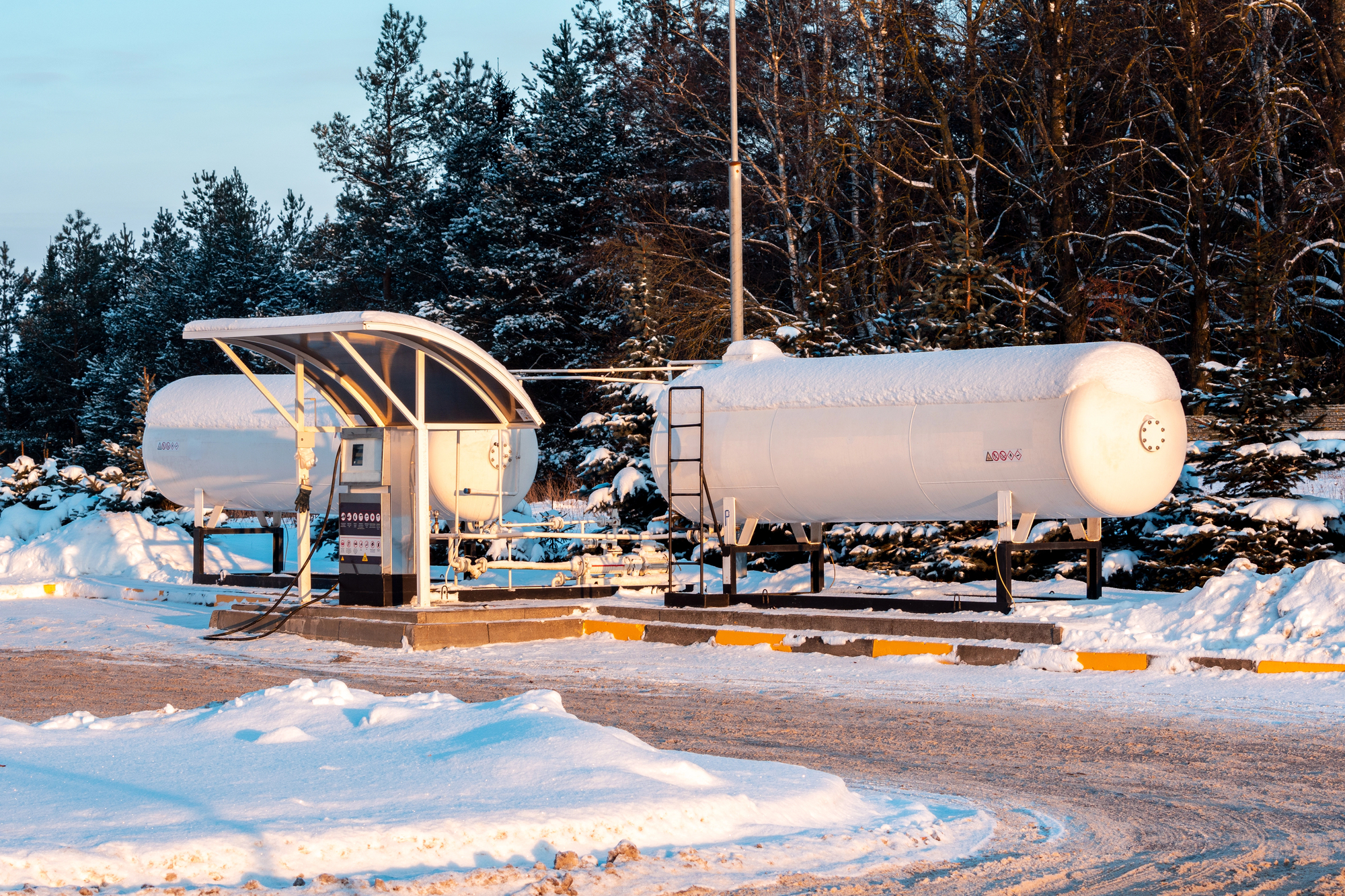


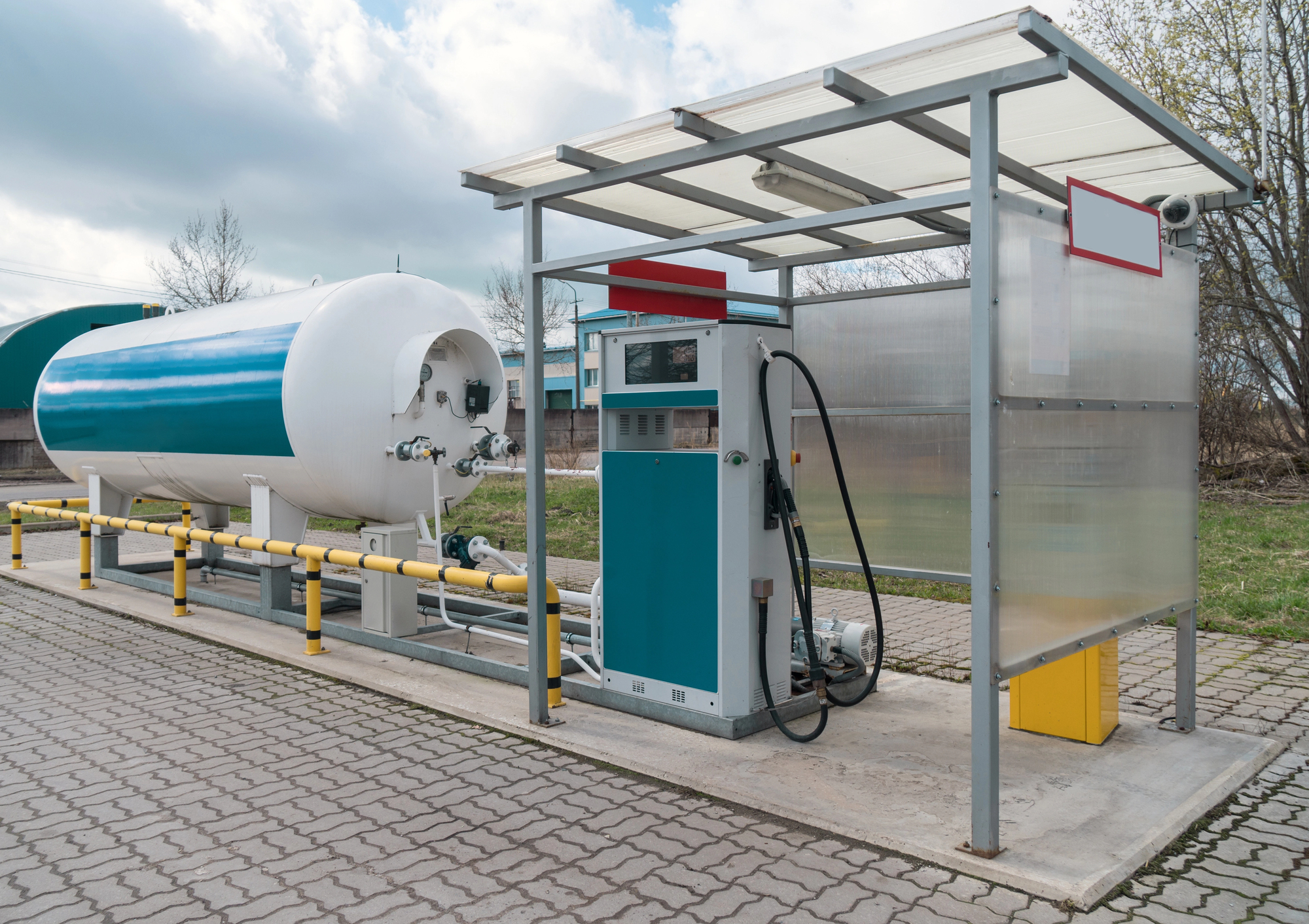
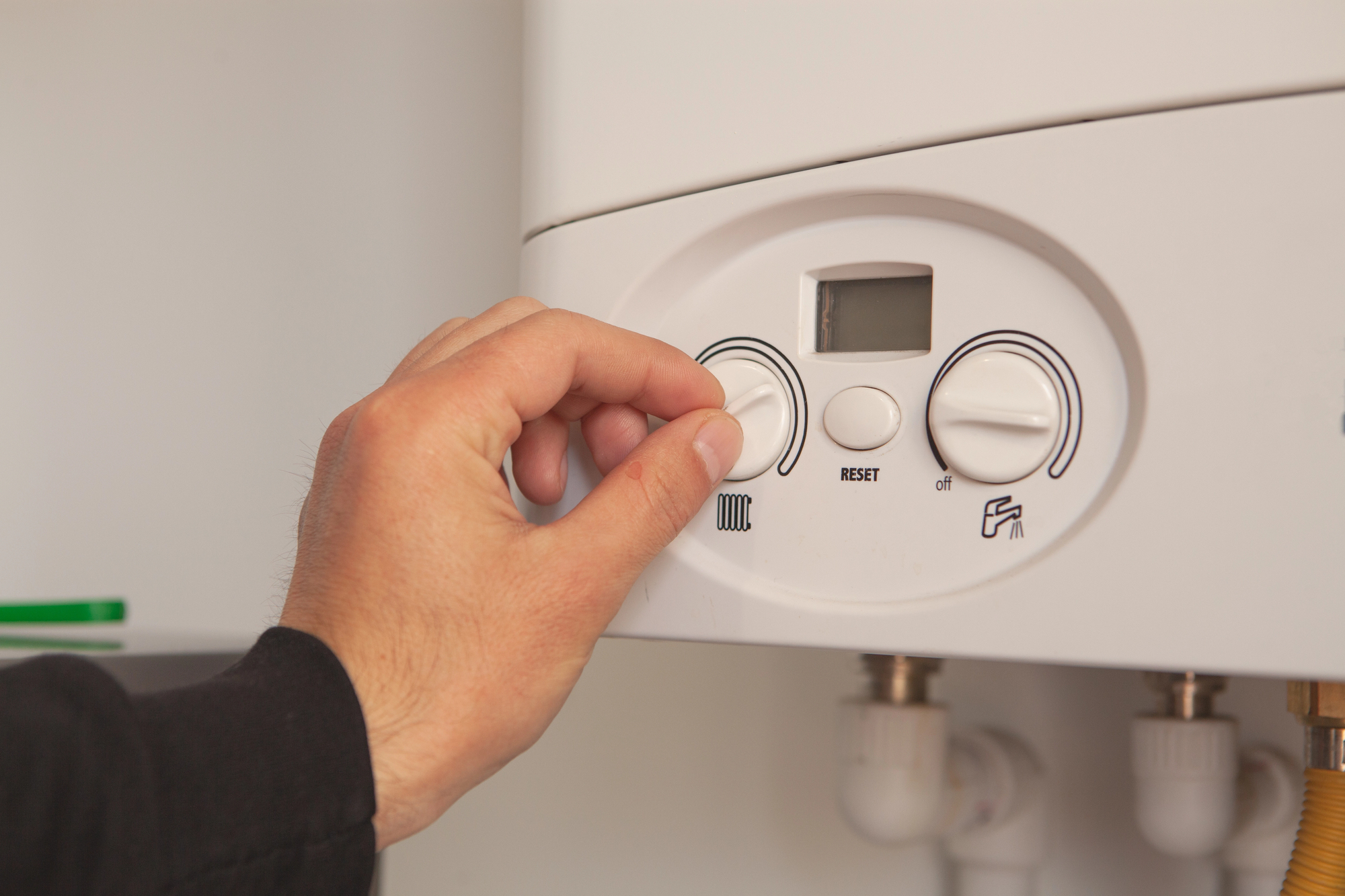
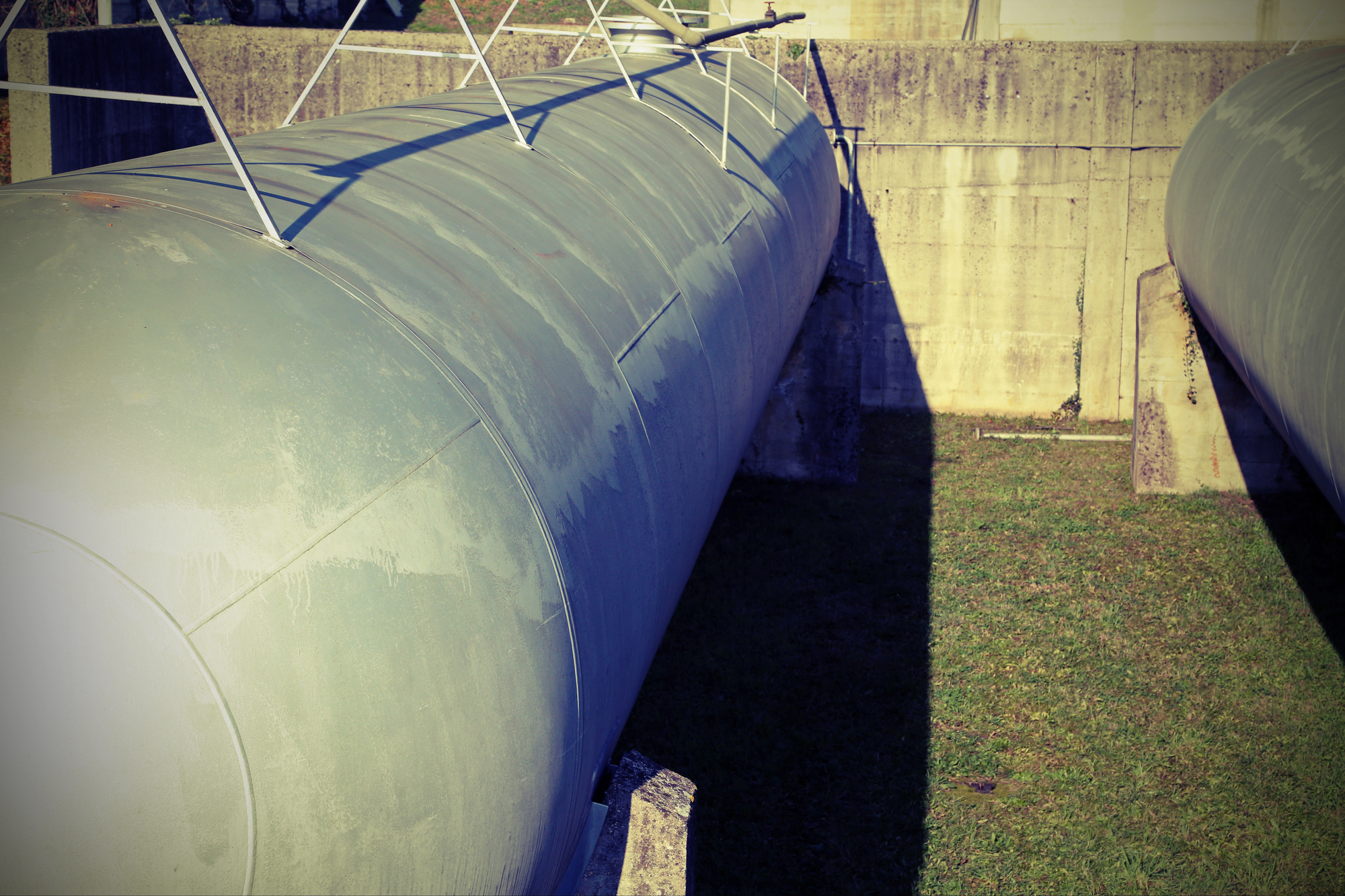



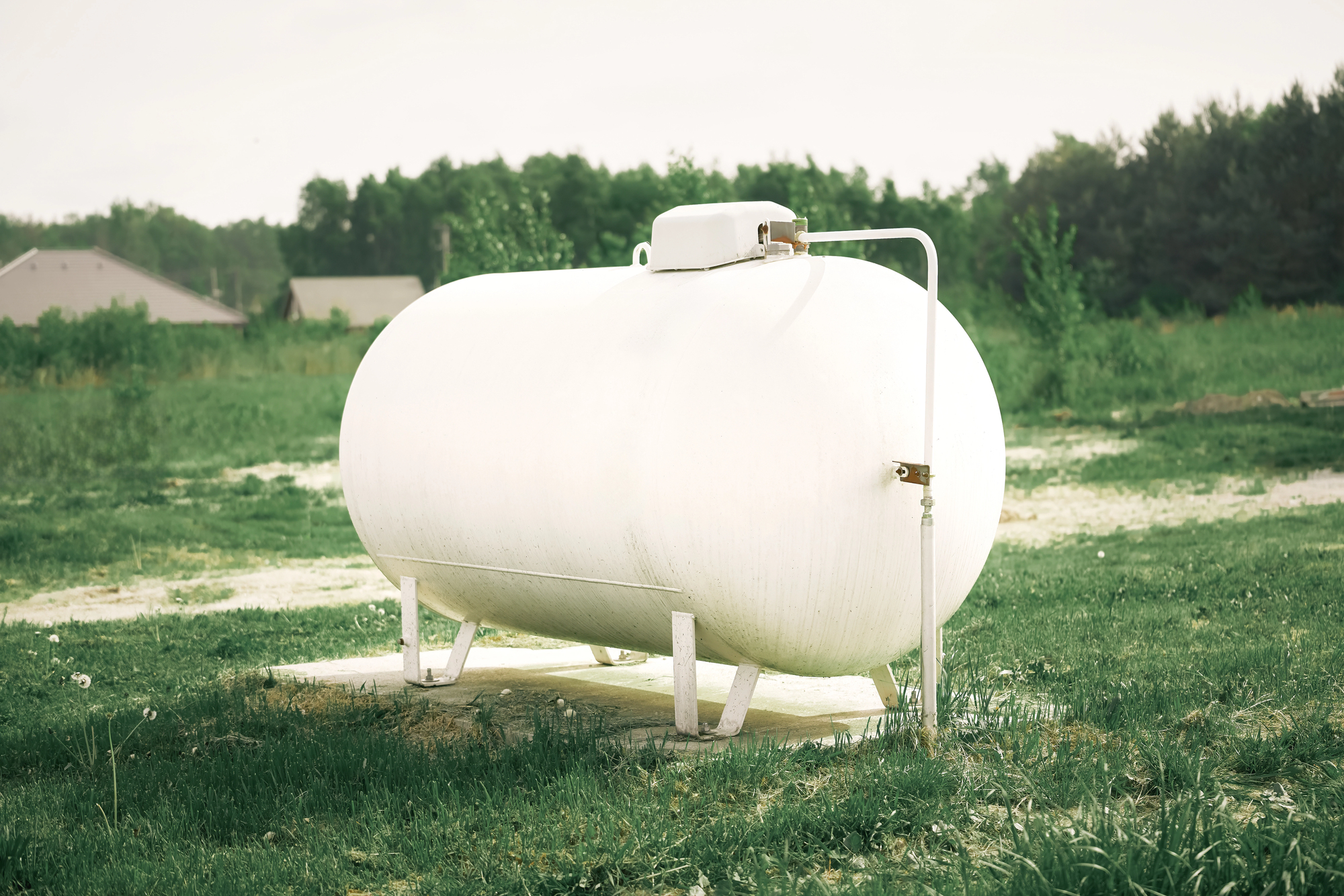
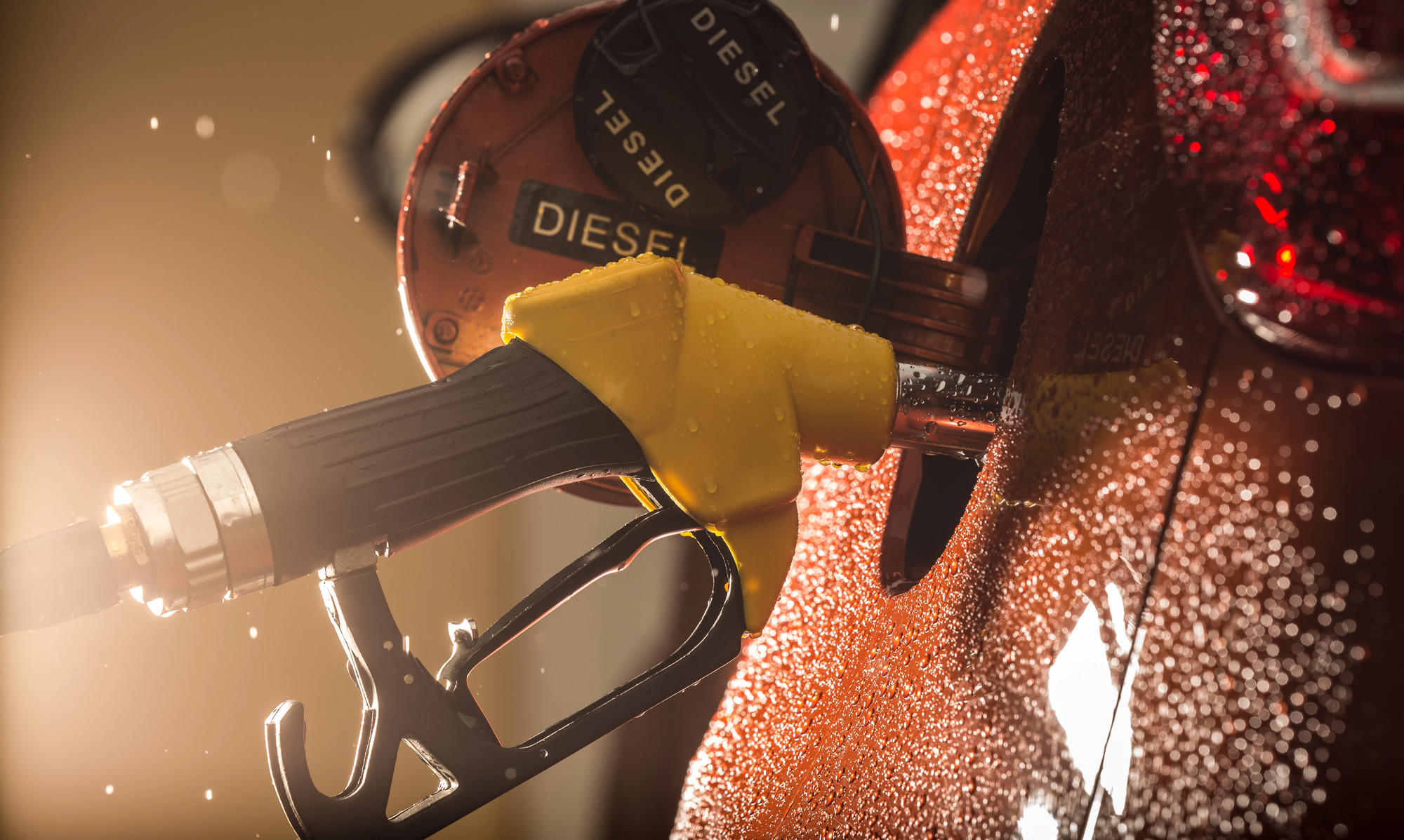
























The propane autogas market is growing. More and more companies are making the switch from gasoline and diesel to cleaner alternatives, such as propane. Sure, it’s better for the environment and the infrastructure is less expensive than drilling for oil, but what about safety?
There are many misconceptions regarding propane and how dangerous it is compared to gasoline. But, that’s precisely what they are: misconceptions. In fact, it boasts a narrower flammability range than gasoline at 850º F, while gasoline is combustible at 500º F.
And that’s not all. It may seem too good to be true, but in fact, propane gas is powering up America in a revolutionary way. Read on to learn about how autogas is a safe bet for powering your vehicles.

Designed with safety in mind
A propane tank is 20 times stronger than a gasoline tank when it comes to punctures, as it’s made of steel as compared to composite materials. Also, propane tanks are well-engineered with safety features that gas tanks lack, such as pressure-relief valves, shut off valves and protection from overfilling.
You’ll know a leak when you have one
When there is a propane leak, you’ll smell it. Autogas has a distinct scent that alerts individuals to take care. Another plus is that since it’s a gas, propane will dissipate into the air, unlike gasoline, which seeps into materials and the ground, posing danger to the environment and precious water resources.
Rely on an infrastructure tailored to your fleet
Everyone’s vehicle is different. When you switch to autogas, you’ll be supplied by an expert team that is always there to support you. Besides making sure your vehicles are getting the right amount of gas, they’re on hand to regularly inspect and maintain all equipment, and tailor a propane plan that fits to your needs.
